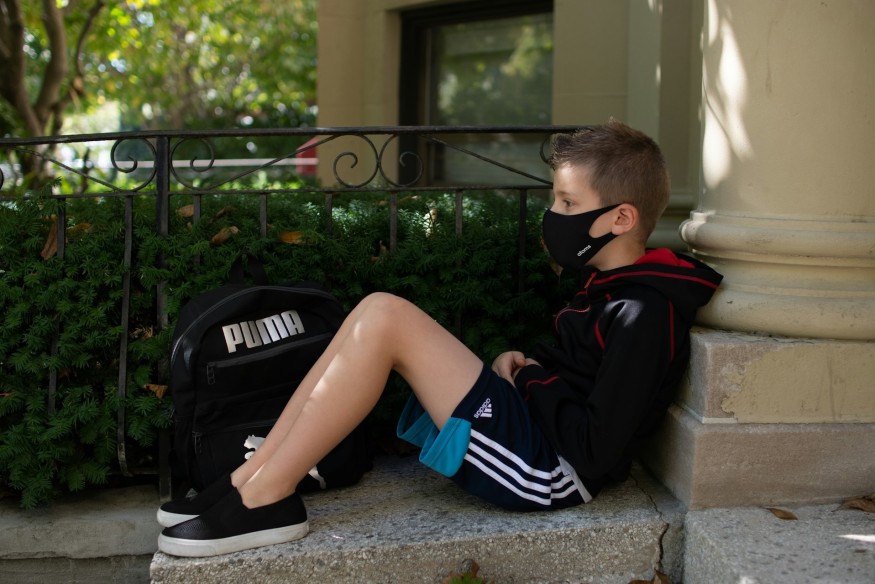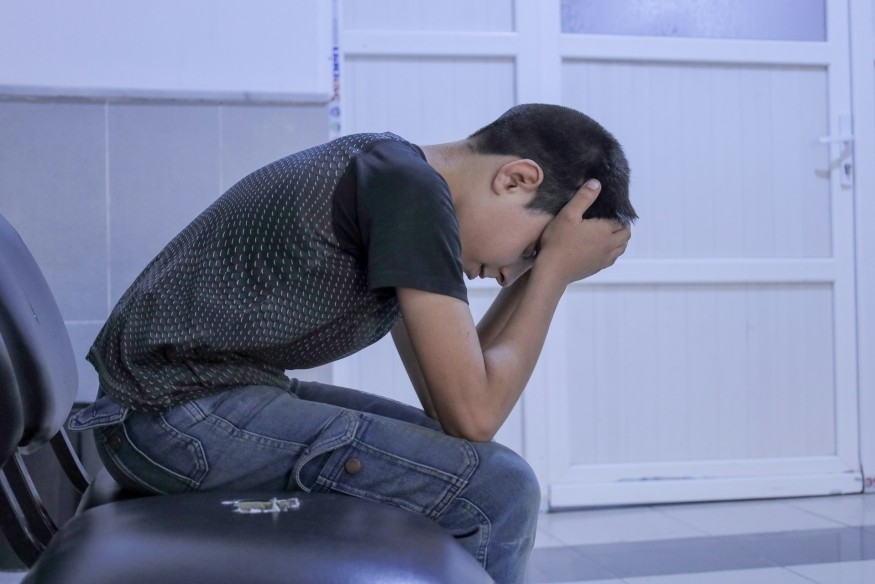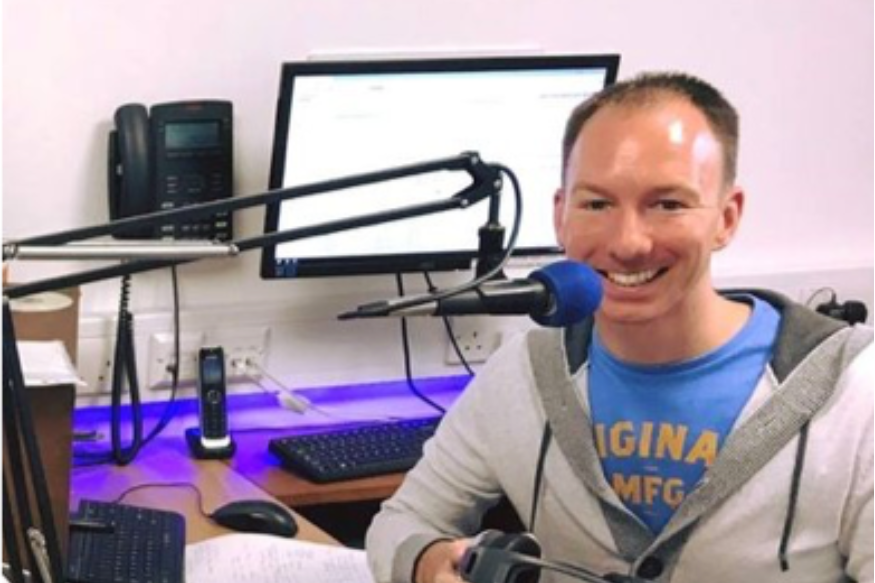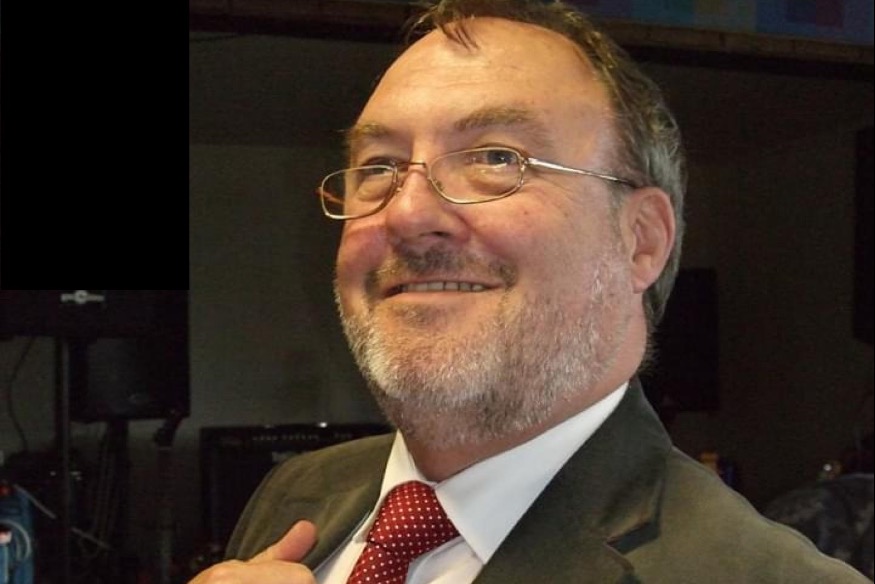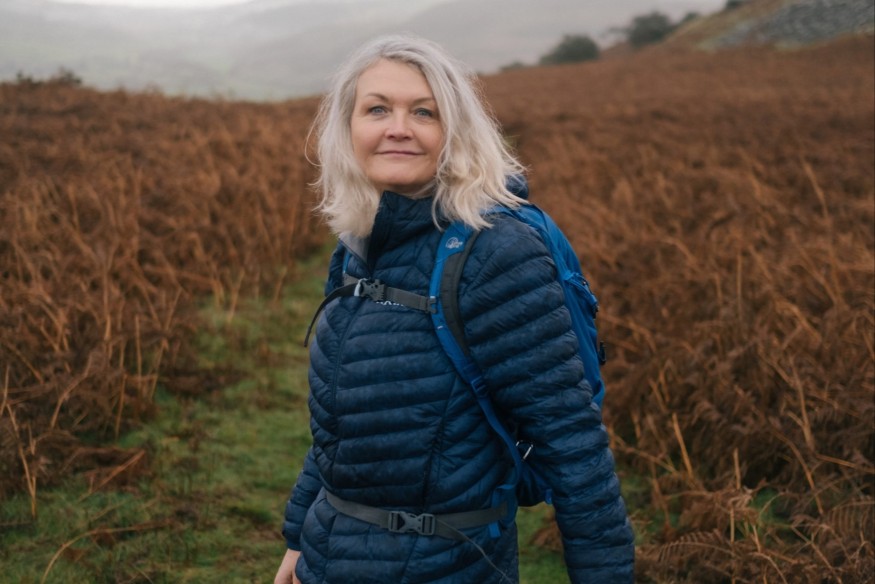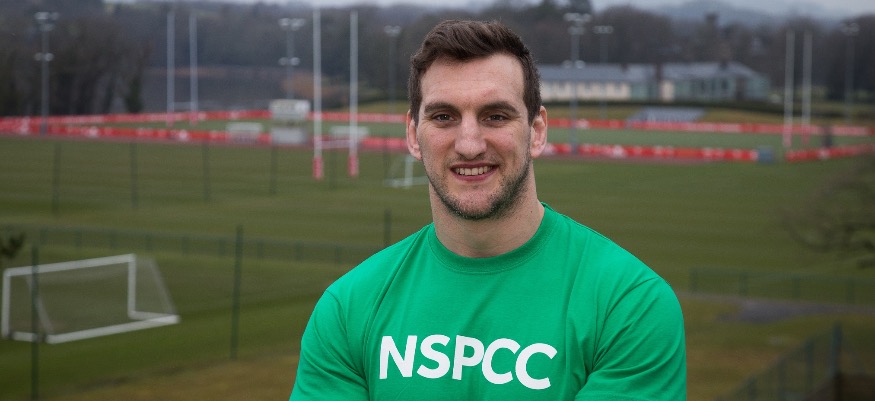
October 04, 2021 - 1451 views
Former Lions captain, Sam Warburton, is rallying sports clubs and communities to back an NSPCC awareness raising campaign that helps parents know how to get help if they have any safeguarding concerns in relation to their child’s sport.
It comes as an online survey, conducted on behalf of the children’s charity by YouGov, found that more than 20% of UK parents whose children attend sports and leisure clubs, wouldn’t know who to speak to if they had any worries about a child's welfare at the club.
NSPCC Wales/Cymru Wales Ambassador for Childhood, Sam Warburton says: “I find it unsettling that one in five parents wouldn’t know who to turn to for help if they had a child welfare concern at their child’s sports or leisure club and I feel strongly that this has to change.
“As the father of two young children, I know how important it is that parents are able to spot the signs of abuse and have the confidence to report it to the relevant person at that club.
“Raising awareness is key to change and it’s heartening to see sports communities and clubs across Wales backing this year’s Parents in Sport Week for the NSPCC because together we can make a difference, equip parents with vital knowledge and make sure all sports settings are safe for children.”
Parents in Sport Week which runs through to 10th October, is an annual campaign run by the NSPCC’s Child Protection in Sport Unit (CPSU), aiming to arm every parent with the safeguarding knowledge they need, and highlight the important role parents play in youth sport.
Sports clubs and governing bodies across Wales have added their support to the campaign, including Cricket Wales, Swim Wales, Welsh Gymnastics, Wrexham FC and Glamorgan Cricket.
This year, the CPSU has launched a free e-learning course for parents to help them keep their child safe; a new animation that helps parents identify when something might be wrong in their child’s sport; and the new NSPCC CPSU Parents Hub - an online destination packed full of safeguarding information for parents.
As part of the campaign, the CPSU has issued three key safeguarding tips for parents:
Every club should have a child welfare officer in post - familiarise yourself with who that is and their contact details.
Check if your club has a safeguarding policy in place and understand how that keeps children safe.
Know that the NSPCC helpline is there if you have any questions or concerns. You can reach the helpline on 0808 800 5000 or at help@nspcc.org.uk.
Laura Whapham, a senior consultant at the CPSU in Wales, says: “We’re proud to be running our annual Parents in Sport Week campaign in its sixth year to help more parents be part of their children’s sporting lives.
“Every year since the campaign’s conception, countless sports bodies, clubs and coaches across Wales have supported our work. By providing parents and carers with the tools they need to spot poor practice or abuse in sport and speak out, we’re complimenting the tireless work sports clubs put in to involving parents in their safeguarding process.
“We’ve come a long way since Parents in Sport Week first started – it’s having a clear impact on parents when it comes to their knowledge of safeguarding in sport. We can’t stop here though – because we want every parent to feel confident about ensuring their child is safe and having fun, which is why we’re pleased to launch our free, interactive course for parents.”
The NSPCC’s Child Protection in Sport Unit was founded in 2001 in response to a series of high-profile cases of abuse of young athletes. Since then, the unit has worked closely with hundreds of governing bodies of sports and local partnerships to provide safeguarding guidance and embed safeguarding best practice in sport.
The campaign comes in a year of high profile concerns about abuse in sport including gymnastics, football and athletics.
The NSPCC wants to encourage parents with a child in any sport to seek advice from its helpline on 0808 800 5000 or emailing help@nspcc.org.uk if they have any worries about their child’s experience in sport or physical activity.
